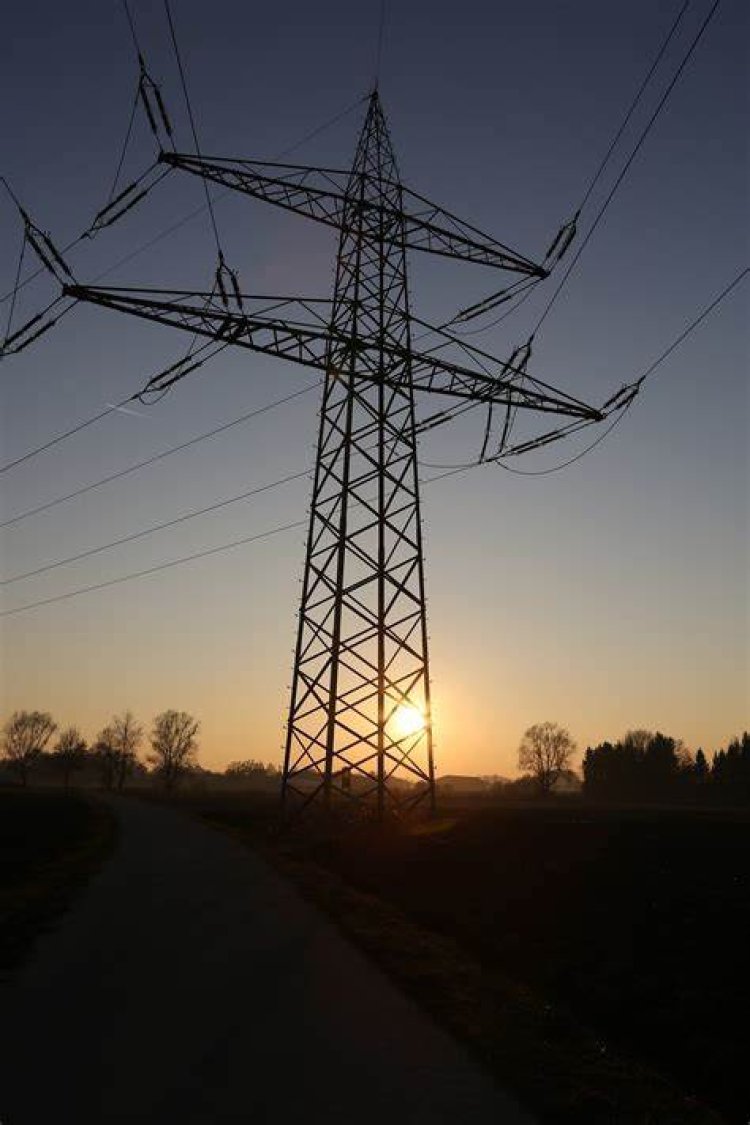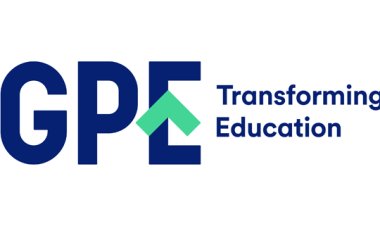Nigerian Universities Struggle Under Heavy Electricity Tariffs
Nigerian universities are struggling with high electricity tariffs, leading to significant financial difficulties and escalating debts. Institutions like the University of Lagos (UNILAG) and the University of Nigeria, Nsukka (UNN) have been disconnected from power due to unpaid bills, exacerbated by the Nigerian Electricity Regulatory Commission's (NERC) differential tariff system

In recent weeks, Nigerian public universities have been hit hard by soaring electricity tariffs, resulting in significant financial strain and escalating debt burdens. Institutions like the University of Lagos (UNILAG) and the University of Nigeria, Nsukka (UNN) are at the forefront of this crisis, with their operational capacities severely affected by the increased energy costs.
The University of Lagos, one of Nigeria's premier institutions, recently experienced a severe power outage due to unpaid electricity bills exceeding N1 billion. On August 27, 2024, Eko Electricity Distribution Company (EKEDC) disconnected the university from the national grid. Despite UNILAG’s payment of N180 million just a week earlier, the university's power was cut off due to a drastic increase in its monthly electricity bill from approximately N150-180 million to nearly N300 million as a result of being moved from Band B to Band A under the Nigerian Electricity Regulatory Commission’s (NERC) differential tariffs.
UNILAG’s management has expressed frustration, blaming EKEDC for the abrupt switch and the consequent unaffordable tariffs. The university has emphasized its inability to sustain the higher Band A rates and requested to revert to Band B. However, EKEDC argues that the transition followed due process and reflects the institution’s average 23-hour power supply availability.
The University of Nigeria, Nsukka (UNN) has also struggled with high electricity bills, resulting in a recent disconnection by Enugu Electricity Distribution Company (EEDC) over an outstanding balance of N200 million. Despite a federal directive for a 50% reduction in tariffs for educational and health institutions, UNN has not yet seen this benefit implemented.
Similarly, Alex Ekwueme Federal University, Ndufu Alike Ikwo, has shifted to a Hybrid Solar Plant for power supply due to persistent crises with traditional electricity providers. The university’s hybrid system, established through the Federal Government's Energizing Education Programme, is currently being upgraded to meet the expanding energy needs of its growing facilities.
The University of Jos (UNIJOS) is another institution grappling with exorbitant electricity bills. The university’s monthly electricity costs have surged from N20 million to N80 million. In response, the university’s Governing Council has appealed to the Plateau State government for financial assistance. The state government has pledged to address the issue, acknowledging the critical role of the institution in the community and its reliance on the state's support.
In light of the mounting challenges, there are calls for the federal government to intervene more robustly. The recent announcement of a 50% electricity tariff subsidy for educational and health institutions was a step in the right direction, but many stakeholders believe that more comprehensive measures are necessary.
Critics argue that universities should explore alternative power generation methods, such as solar or hydroelectric systems, to mitigate the financial impact of high electricity tariffs. However, they acknowledge that the capital requirements for such projects can be prohibitive, particularly for institutions operating on tight budgets.
Prof. Samuel Odewumi of Lagos State University has emphasized that universities should not be treated like commercial entities. He advocates for a more supportive approach from the government, highlighting the need for subsidies and financial assistance to ensure that institutions can continue to fulfill their educational missions.
As Nigerian universities continue to grapple with high electricity tariffs, it is crucial for both the government and educational institutions to collaborate on sustainable solutions. Enhancing support for these vital institutions will not only alleviate their financial burdens but also ensure that they remain centers of learning and research critical to national development.

 Chris Oyeoku Okafor
Chris Oyeoku Okafor 



